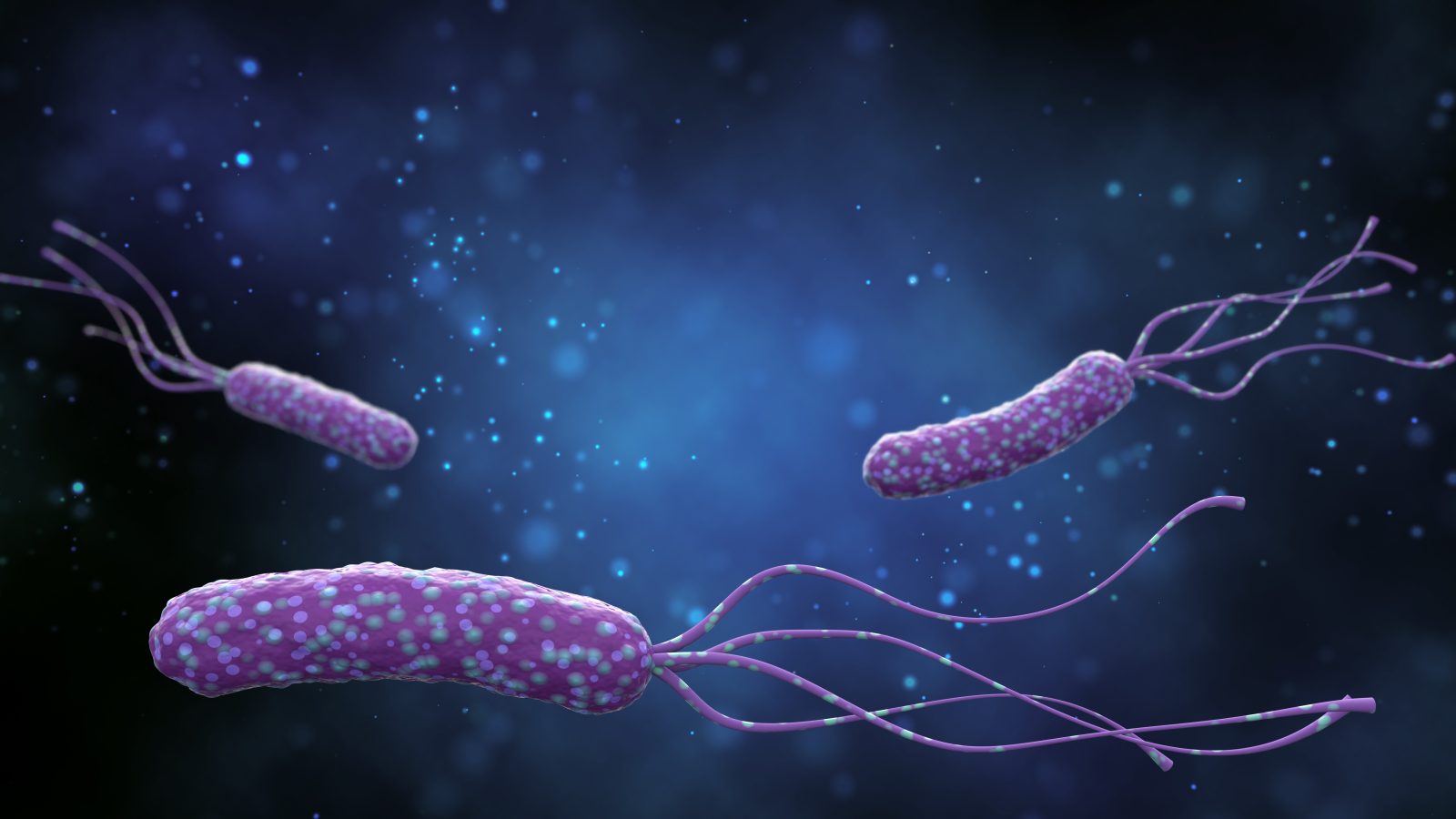


Behe Counters the Best Objections to Irreducible Complexity and ID, Pt 2
Today’s ID the Future continues A Mousetrap for Darwin author Michael Behe’s conversation with philosopher Pat Flynn, focused on some of the more substantive objections to Behe’s case for intelligent design in biology. In this segment the pair discuss the bacterial flagellum, the cilium, and the blood clotting cascade, and tackle critiques from Alvin Plantinga, Graham Oppy, Russell Doolittle, Kenneth Miller, and others. This interview is posted here by permission of Pat Flynn.

Behe Answers the Best Objections to Irreducible Complexity and ID, Pt. 1
On today’s ID the Future Lehigh University biologist Michael Behe addresses what Philosophy for the People host Pat Flynn considers some of the best objections to Behe’s central intelligent design argument. As far back as the 1996 book Darwin’s Black Box, Behe has argued that certain features in biology are irreducibly complex. That is, they require numerous essential parts, each carefully fitted to its task and integrated with the other parts, in order for the molecular machine or system to function at all. Two examples are the bacterial flagellum motor and the blood clotting cascade. Such systems are, in Behe’s words, irreducibly complex and could not have arisen through any blind and gradual evolution process. The better explanation for their Read More ›

Behe and Ramage: Evolution’s Limits and the Fingerprints of Design
Today’s ID the Future wraps up a debate over evolution and intelligent design between Lehigh University biologist Michael Behe and Benedictine College theologian Michael Ramage. Both Behe and Ramage are Catholic, and they carry on their conversation in the context of Catholic thinking about nature and creation, in particular the work of Thomas Aquinas and contemporary Thomist philosophers. Ramage seeks to integrate his Thomistic/personalist framework with modern evolutionary theory’s commitment to macroevolution and common descent. Behe doesn’t discount the possibility of common descent but lays out a case that any evolution beyond the level of genus (for instance, the separate families containing cats and dogs) cannot be achieved through mindless Darwinian mechanisms and, instead, would require the contributions of a Read More ›

Darwin Devolves Author Michael Behe Tangles with Two Philosophers, Pt. 3
On this ID the Future, ID biologist Michael Behe continues fielding tough questions from philosophers Pat Flynn and Jim Madden. Here in Part 3 of 3, Behe responds to the claim that some designs in biology are bad designs and to criticisms leveled at ID from some Thomists. Also in the mix, the issue of academic pressure to distance oneself from ID, even before those involved understand what the theory of intelligent design actually is. Madden also asks Behe what reforms he’d pursue if he suddenly found himself in charge of the National Academy of Sciences. Tune in to hear Behe’s response, and much more. This three-part series is borrowed, with permission, from Flynn’s podcast, which can be found on his Read More ›

ID Pioneer Michael Behe Tangles with Two Philosophers, Pt. 2
In today’s ID the Future, intelligent design pioneer Michael Behe continues his conversation with philosophers Pat Flynn and Jim Madden. Here in Part 2 of a three-part series, Behe offers an illustration from language and Madden presses him, noting that meaning detection in language is not parts to whole. A lively exchange ensues and then Behe turns the discussion back to his primary focus, detecting design in molecular biological machines by recognizing the purposeful arrangement of parts. From there the conversation turns to everything from epigenetics, systems biology, and autopoiesis to co-option, mousetraps, tie clips, biologist Kenneth Miller, and the philosophers Aristotle and Thomas Aquinas. For Behe’s newest book, A Mousetrap for Darwin, go here. This discussion is presented here with permission of philosopher Read More ›

Biologist Michael Behe Tangles with Two Philosophers, Pt. 1
Today’s ID the Future features Darwin Devolves author and Lehigh University biologist Michael Behe speaking about the logic and evidence of intelligent design with two philosophers, Pat Flynn and Jim Madden. In a friendly, stimulating exchange, Flynn and Madden press Behe with objections — some philosophic, others scientific — to see how well his position stands up to scrutiny from experts who have engaged the subject. Here in Part 1 of a three-part series, Behe counters the charge that ID is an argument from ignorance, and then the three men compare the contemporary design argument to philosopher Thomas Aquinas’s fifth way. For Behe’s newest book, A Mousetrap for Darwin, go here. This discussion is presented here with permission of philosopher Read More ›